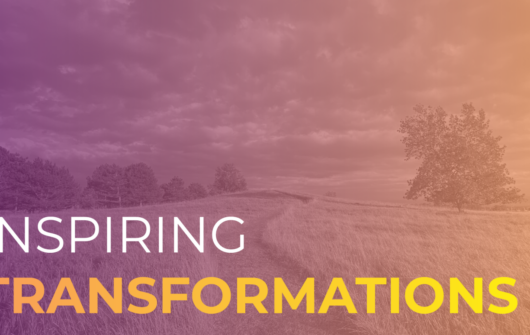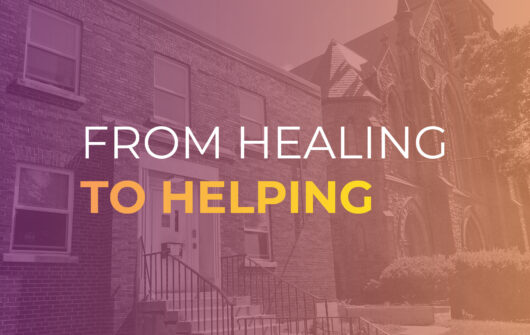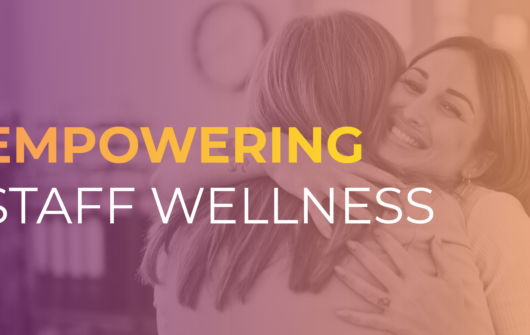Grief & Loss in Recovery
Posted on: March 29, 2022
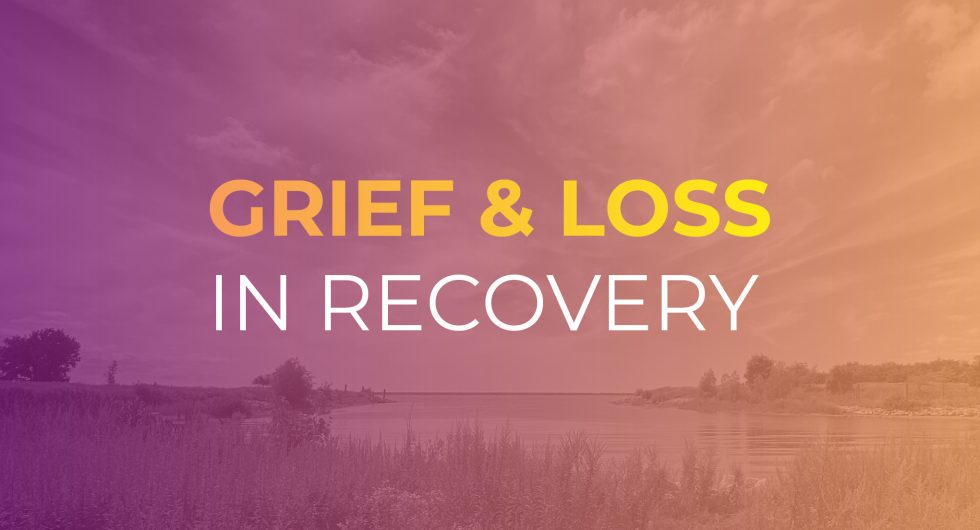
When most people think about grief and loss, they think of losing a loved one. This is of course a major part of these emotions. However, grief and loss can involve much more than just losing someone you care about, especially when it comes to processing these emotions in recovery.
Megan Gattozzi is a Counselor at Cazenovia Manor, and she’s been holding groups on this very topic for months. Needless to say, focusing on grief and loss can be heavy and difficult. Megan incorporates a trauma-informed approach into her work as an acknowledgement of these challenges. “I let them know that it’s a safe space, and that we’re here to process together,” she explained. Residents are always welcome to bring up extremely personal details in one-on-one sessions, too.
Early on, residents are introduced to the different kinds of grief. Typical grief is the kind that everyone thinks of first. It involves losing someone close to you. There’s also anticipatory grief, which involves knowing you will lose someone significant in the near future. This often happens around terminal illnesses, for example.
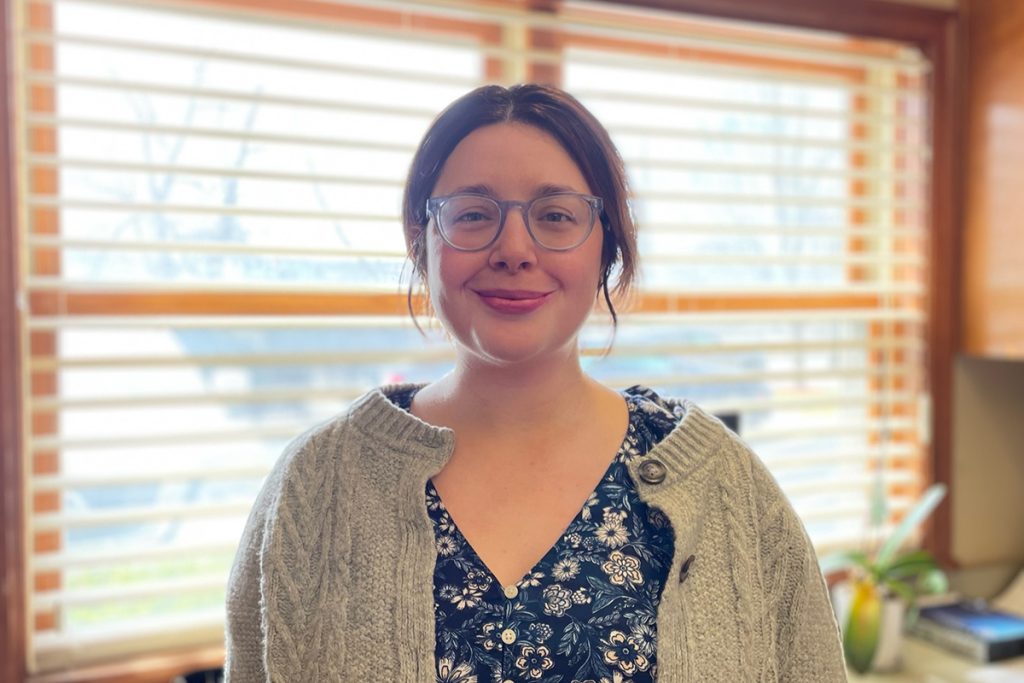
Disenfranchised Grief
Perhaps most fitting for the people in our programs, however, is disenfranchised grief. This occurs when you lose something or someone and others often minimize the loss. “When people are active in their recovery, they have to make many major changes to their life to maintain their own safety and sobriety,” Megan explained. This can include things like leaving triggering cities or neighborhoods, ending friendships and other relationships, and allowing parts of one’s identity to end. These are all major things to lose, especially all at once.
“We talk about what it’s like to give up your community,” said Megan. This community may not have been healthy, but leaving it behind is still a loss. Things become especially complicated when someone has generational trauma around substance use. “People in recovery often have to set low-contact or no-contact boundaries with people they might’ve been very close with,” Megan said. Grief becomes disenfranchised when others don’t appreciate or acknowledge the losses we may be experiencing. These kinds of losses may be difficult for people not in recovery to understand.
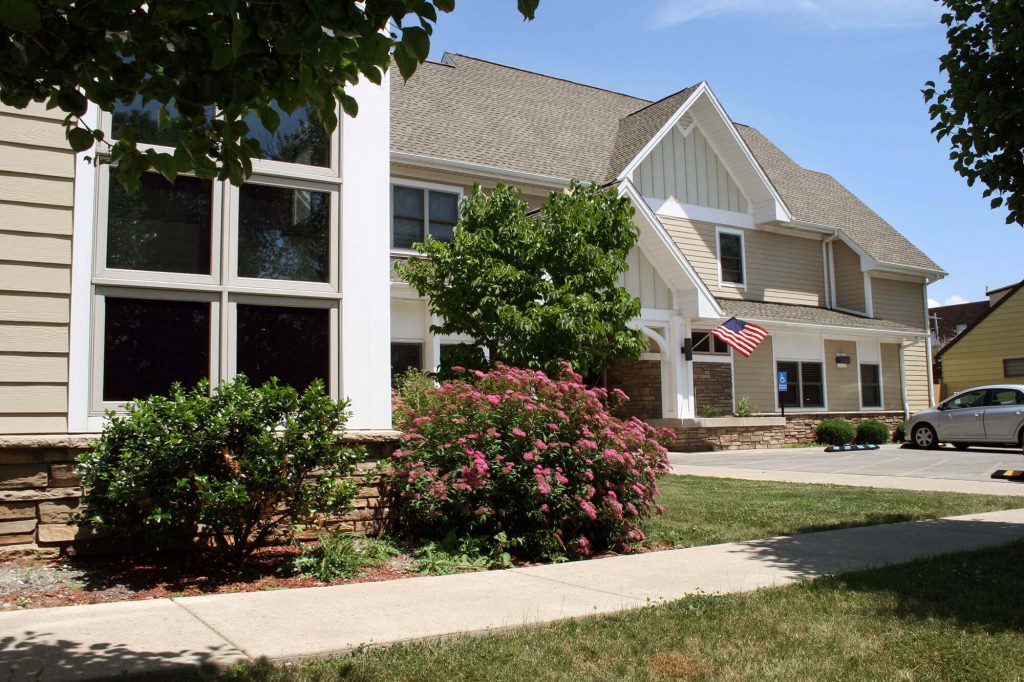
Grief, Toxic Positivity, and Radical Acceptance
Megan always tells Cazenovia Manor residents that it’s okay to feel sadness for the things one has lost, even if society doesn’t see those losses as significant. This allows residents to truly process the difficult things they’ve recently been through. “There’s a lot of performance and people-pleasing involved in our trauma responses,” Megan added. Family members and friends want to hear that people in recovery are doing well. There’s a lot of pressure to always appear happy and healthy. This can easily turn into toxic positivity that brushes aside emotions around complicated situations.
Navigating all of this can be complex. Megan strives to help residents to get as close as they can to radical acceptance, a concept in Dialectical Behavioral Therapy. Radical acceptance is all about understanding your reality and learning to accept it as it is. “It’s very healing,” said Megan. “You’ve broken down your guard and your walls, and you can accept that you’re valuable. You don’t have to have the answers for everything, and you don’t have to be everything to everyone. I think it can be very inspiring for all of us.”
Other Recent Posts
Your donation can save a life!
In the grip of the opioid epidemic, you can make a difference. Any amount helps.



